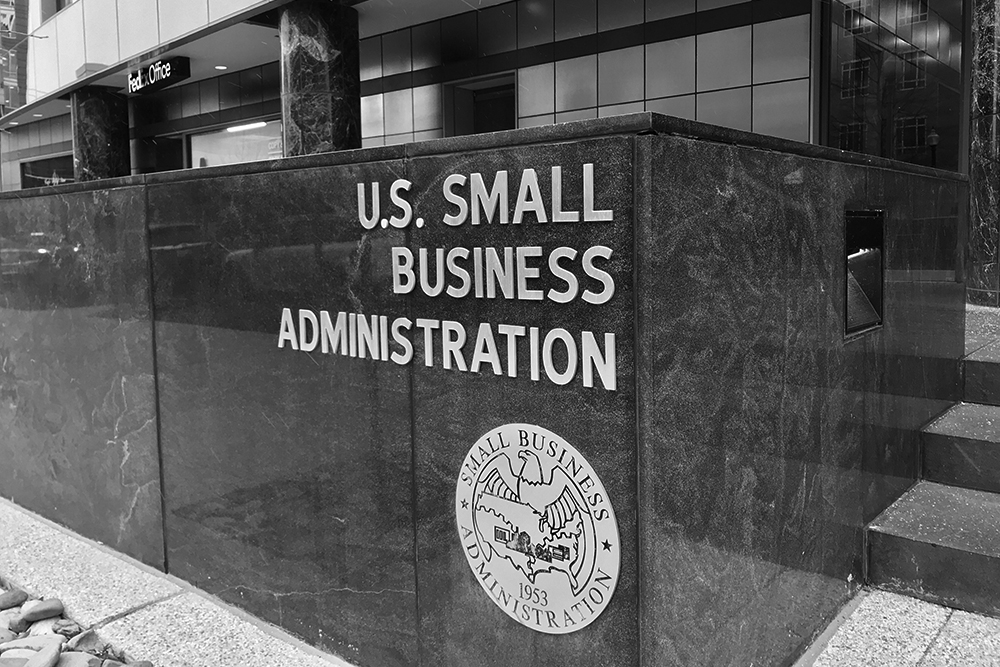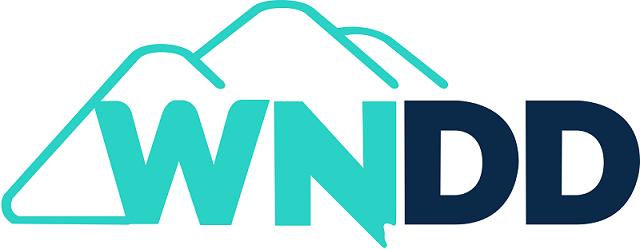Update: COVID-19 Relief & Spending Package
Congress has passed a $2.3 trillion omnibus spending bill…
The bill includes approximately $900 billion in economic stimulus for COVID-19 Relief and several relief provisions, authorizing matters and appropriations to provide aid to small businesses and communities during the pandemic.
From our partners at the International Economic Development Council (IEDC), here is a synopsis of what we’ve learned so far from the COVID Relief Package. We will continue to share updates as more developments take place.
Paycheck Protection Program (PPP) – Small Business Administration
• 501(c)6 organizations are eligible to participate, including economic development organizations that are registered as 501(c)6 organizations
• Program extended until March 31, 2021
• Tax issues resolved:
• Gross income does not include any forgivable amount of the PPP loan
• Deductions are allowed for deductible expenses paid for by any forgiven amount from PPP loan
 PPP Forgiveness Simplified
PPP Forgiveness Simplified
• Loans less than $150,000 require simple certification in the form of a one-page letter from the borrower to the lender stipulating basic criteria and providing simple, high-level details
• Eligible uses formally expanded:
• Covered operations (software, tech, human resources, etc.), covered property damage (associated with ‘disturbances’ happening during 2020), covered supplier costs (supplies, inventory, etc.), covered health and safety expenses (PPE, testing, etc.) were further clarified as eligible uses of PPP loans and eligible for forgiveness
• Benefits such as life insurance, disability insurance, vision and dental were also clarified to be eligible covered expenses
• Borrower may select their covered period end date, between 8 and 24 weeks after origination
The latest round of PPP is $284.45 billion (program total authorization rises to $806.5 billion lifetime) and includes a number of carve-outs:
• $35 billion set aside for first-time borrowers
• $25 billion is set aside for smaller organizations with 10 employees or less or loans less than $250,000 in low-income areas.
For organizations with less than 300 employees:
• Must have used or will use the full amount of first PPP loan
• Must show at least a 25% reduction in revenue in the first, second, or third quarter of 2020 as compared to the same period in 2019; applications submitted on or after January 1, 2021, may use a fourth quarter 2020/2019 comparison
• 60/40 cost allocation between payroll and non-payroll costs to receive full forgiveness remains
Other Tidbits
Unemployment Insurance
• Pandemic Unemployment Assistance (PUA) is extended until March 14, 2021, and the maximum number of weeks of eligibility is extended from 39 weeks to 50 weeks
• Pandemic Emergency Unemployment Compensation (PUEC) is extended until March 14, 2021 and the number of weeks of eligibility is extended from 13 weeks to 24 weeks
• Federal Pandemic Unemployment Compensation is reinstated at $300 per week from the week after December 26, 2020 and runs through March 14, 2021
“Stimulus” Payments
• $600 to individuals earning $75,000 or less per year and plus an additional $600 for every dependent child; decreasing amounts for those earning $75,001 or more at a rate of -$5 for every $100 over the earning limit
Education
• $22.7 billion for Higher Education Emergency Relief Fund, including $1.7 billion for HBCU’s, tribal colleges and universities, and Hispanic serving institutions

Housing
• $25 billion for rental assistance
• Eviction moratorium extended to January 31, 2021
Transportation
• $2 billion for aid to airports, include airport retail
• $10 billion for highways for states to replace lost revenues that would support maintenance, operations, personnel, etc.
• $14 billion for mass transit operations
What isn’t in the bill?
• The $900 billion legislation is a drastically different bill than what has been proposed throughout the spring and summer
• Assistance for state and local governments was completely left out
• The bill is silent on the Economic Development Administration as it relates to COVID-19 — though for full-year appropriations the agency did see an increase from $333 million in funding to $346 million for fiscal 2021
We encourage you to connect with your members of Congress and their staff to acknowledge their hard work in getting this latest bill done, but reminding them that there remains much unmet need for communities, businesses and Economic Development Organizations which are working on recovery and community economic resilience.



